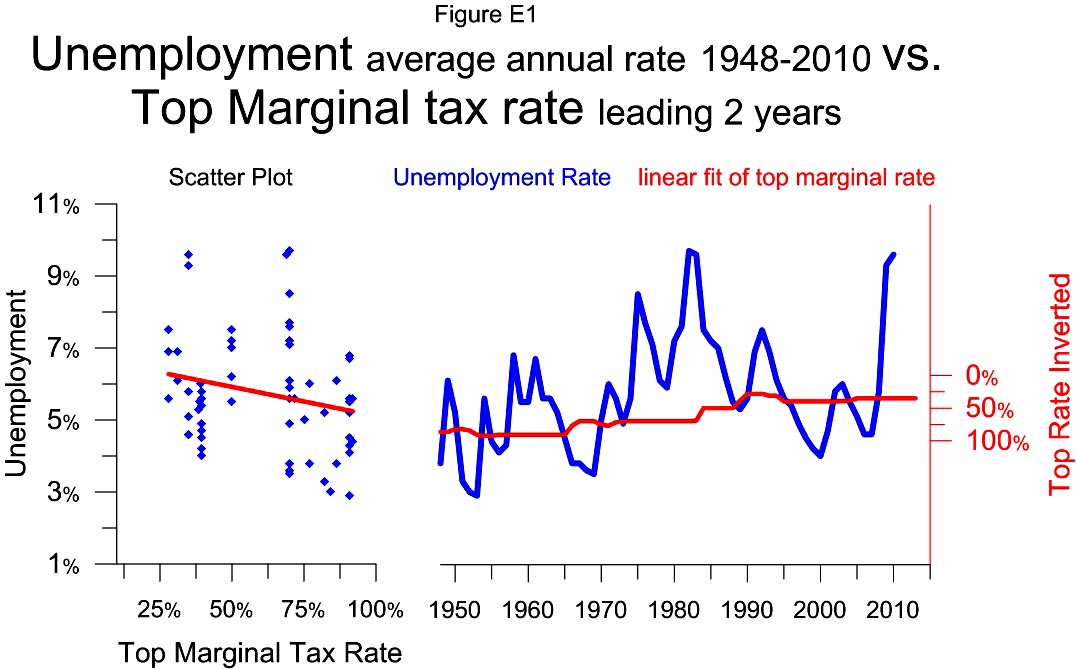No, you're original numbers were fine. You simply screwed up the math. And you're still screwing up the math, though you've corrected one of your mistakes. You've still got two things left to fix. Here's a hint: One of them involves "apples to apples" and the other involves exponents.
I did apples to apple's, I used the ending year's value as the baseline...but if 2005 makes you feel better...
Federal Spending Numbers (Adjusted to 2005) values.
Spending in 1970: $195 Billion ($981 billion)
Spending in 1981: $678 Billion ($1456 billion)
-------------------------------------------
Spending in 1983: $808 Billion ($1584 billion)
Spending in 1989: $1,100 Billion ($1748 billion)
Spending pace percentages still work out to about the same
Spending was still increasing faster leading up the bad time then is was leading up to (and during the good time)
Why the sudden change? Did you run the numbers for federal/local/state (continuing to make mathematical errors) and realize that even with errors that benefit your point you can't make it work?
If another state want's to tax their successful folks into mediocrity, that's up to them and has nothing to do with me.
It's true that just because "California raises it's taxes, it doesn't impact people in Ohio", but the actual data says that across the United States total government spending increases were drastically higher under Reagan than during the decade preceding him. Why don't you account for that. For me, as a worker or as a businessman, it really doesn't change the fact that 22% of my income is being taxed rather than 20% just because responsibilities were shifted to local governments. If the tax rates are going up, they're going up. And Reagan was very proud of shifting numerous spending responsibilities to local governments while simultaneously jacking up spending in various wings of the federal government.
I dont doubt that spending increased under Reagan (as I mentioned in a prior post, there's only been one tax cut accompanied by an actual spending cut)...it's all about the pace that you increase spending...slow & steady; no problem...drastic; problem.
What tax bracket are you in? I make pretty good money and I'm in my early 20s. I have several family members who are in the top bracket. My family is doing fine. But you know what? All of my successful relatives enjoyed the opportunity to attend public schools. There wasn't much money in my family until the current generation. Grandparents? Farmers. Parents? Industrial workers. My generation? Corporate mucky-mucks and engineers. And that transition from poverty to success wasn't really possible except for the fact that tax dollars provided a lot of support for me and my family. I don't think that I or any of my relatives mind paying our fair share for the opportunity that was given us.
I make $82,000/year here in Ohio...I used the CNN cost of living salary converter and found that the comparable salary for California is $111,500.
I came from a family of 5 with a household income of less than $50k/year. I had no financial help from the government, from my parents, or from grants of any kind. I worked full time and went to college full time for 3 years straight (waking up at 5:30am and not getting home until 11:45pm).
So for my situation, I lived in a lower tax state, never got to reap the benefits of tax dollars, and still made it without taking any handouts. When I hear people suggest taking more from me (which by the time I'm done paying all taxes, I already lose about 40%), I get frustrated because they're using the concept as an easy-out to not have to make the same sacrifices people like me did.

